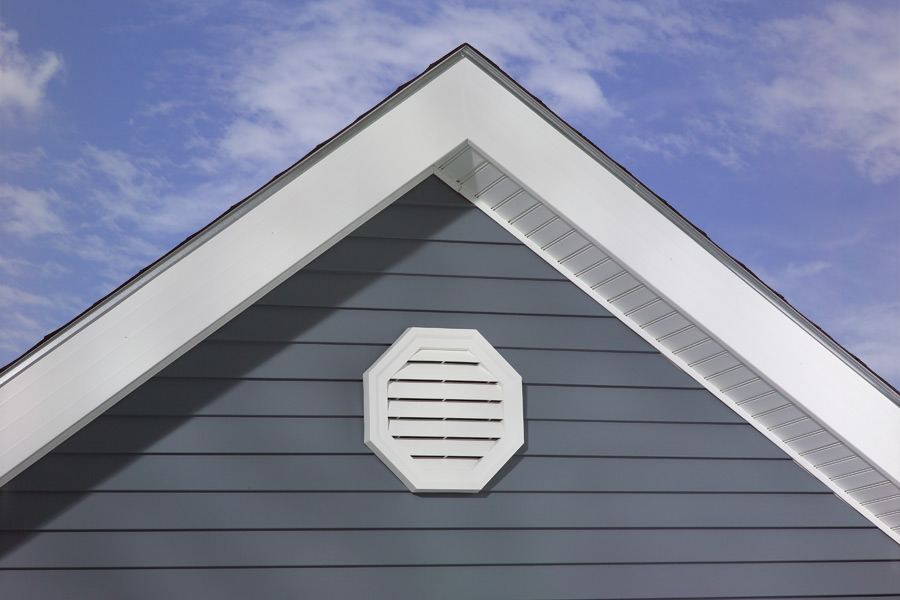Why is Roof Ventilation Important?

Your roof is one of the most structurally important parts of your home. Not only that, your roof provides important protection from the perils of inclement weather including insulation from changing temperatures. Roofing ventilation is an important component of your roofing system and supports many of the functions of any roof. So, why is roof ventilation important? Let’s have a closer look.
Moisture Management
Perhaps one of the most important benefits of ventilation for roofs is that it helps to manage moisture. Proper roofing ventilation prevents condensation from building up which subsequently prevents the growth of mildew and mold. As such, ventilation is also important for preventing rotting of roofing materials. When you’re thinking of moisture control, you’re probably thinking of external sources such as rain or snow; but your home also creates moisture internally from bathrooms, kitchens, and laundry rooms. Whenever warm air from your home contacts cooler roof surfaces, condensation can appear. Ventilation helps to prevent damage caused by moisture and condensation in your roof.
Energy Efficiency
Believe it or not, a properly ventilated roof can actually help manage cooling costs. During summer months when the weather outside is hot, your indoor temperatures will be elevated as well. Without proper ventilation, heat becomes trapped in your attic or roofing spaces so it becomes much more costly to cool your indoor temperatures.
Durability
For some of the reasons already discussed above, ventilation is critical to maintaining your roof system. Not only does an adequately ventilated roof help to prevent rot caused by mold or mildew, but excess heat in your attic can also damage wooden structures and other roofing materials including the underlay. Ventilation helps to prevent heat and condensation from damaging your roof so that you can extend its lifespan.
Temperature Control
Similar to the effects of proper ventilation for energy efficiency, your ventilated roof will also help you control internal temperatures. Ventilation allows hot air to escape and cool air to enter so that extreme indoor temperatures can be avoided.
Similarly, roofing ventilation can help prevent ice from forming on your roof. In colder winter climates, roofing ventilation allows warmer air to escape your home from above the roof deck preventing snow from melting and freezing which causes ice dams. Melting snow from your roof can also cause freezing water to settle on overhangs and to damage drainage systems. Ventilation allows warm air to escape before snow melts and can also help to balance internal and external temperatures around roofing structures to prevent snow from melting.
There are many reasons you need to be sure that your roof is adequately ventilated. From moisture and temperature control to energy efficiency and roof durability, effective ventilation for your roof is important.

